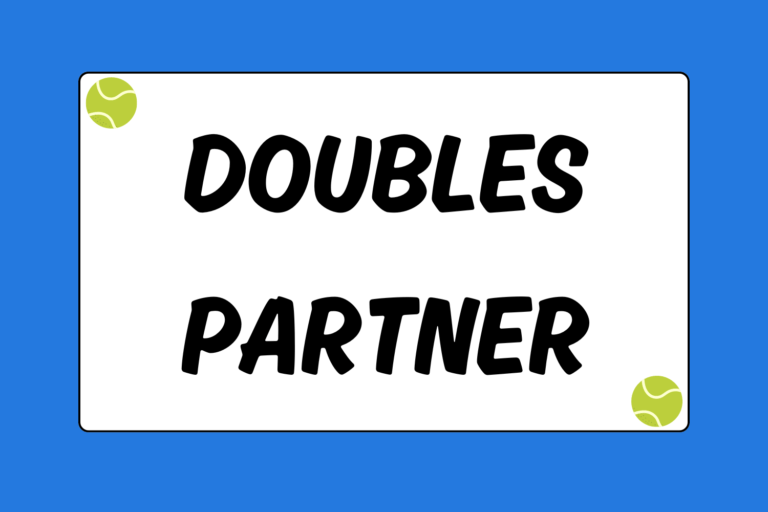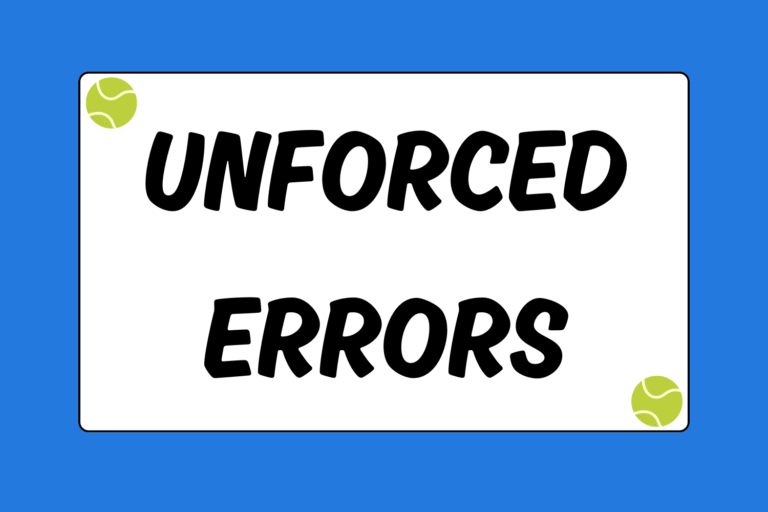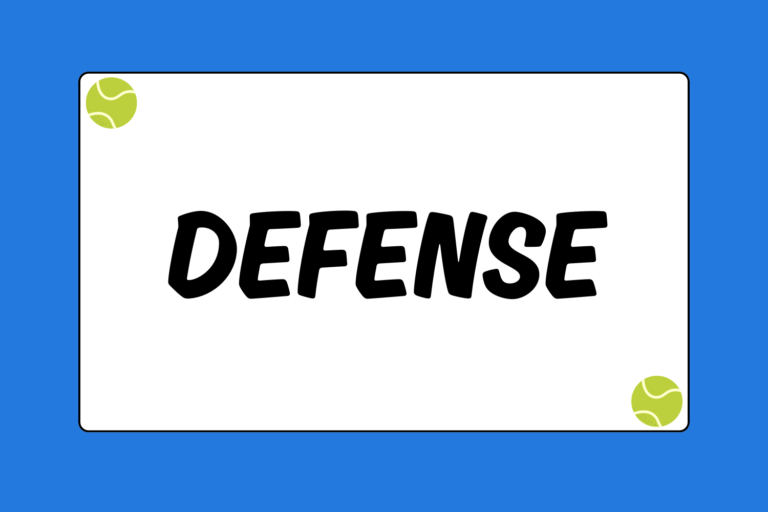Motivation is a very important part of tennis. This beautiful game is mostly considered as a sport for individuals who are very self-aware, but children actually become motivated to train when there are some buddies around. Also, the competitive spirit starts developing at a very young age, so you can make most of it as a head coach. Here are some things you should consider before becoming the captain of your little “tennis army”.
Get Ready To Make Choices
There are probably dozens of kids ready to step on the court and pick up a racquet. If you are a coach at a popular tennis club, you will probably have to make a choice which ones will be a part of your squad, or the choice will be made without you even being involved. Since this is your first time meeting these kids, it is very possible that you won’t have any idea about their qualities, motivation, or any other background information. This might sound frightening to you at the time, but it’s also a great way to start. You get to build your own team culture and decide what will be valued the most. You also get to choose the main goals that are to be achieved.
Set a Pace Adequate For Everyone
Youth groups can include as few as two members, or they can include half a dozen, or even dozen kids. Age difference can vary up to 3-4 years between some players. This is why you need to make trainings adequate to all of them. Perhaps they look physically similar, but you need to find a way to build their sportsman logic, help them create working habits, and learn to function inside a team.
At this point, you know very little or nothing about their playing style and gameplay preferences, so have patience and prepare some basic training exercises which all of them are able to perform.
Focus On Teamwork
Although tennis is an individual and two-person effort at the professional level, teamwork is a mandatory way of training at a young age. Not every kid on your team will make it to the pro level, but your primary goal is to build their character and teach them how to enjoy participating in team activities.
Here are some ideas to facilitate teamwork in your kids:
- Organize short doubles tournaments (best of 3 games) after each training session
- Pair kids at random to play singles matches (best of 3 games) and have the other kids participate as ball boys. Winner stays.
The team atmosphere on the training grounds encourages individuals to keep up with those considered the best in the group. They become aware of the hard work required at every training session.
Do Not Make Favorites
Your team will probably feature few of the more skilled, and few of those who are not able to keep up with the pace. Try not to make favorites among kids on the training sessions, because they can easily have envy over others. If you are to congratulate someone, do it “1 on 1”. Also, to those who are having trouble in keeping up, offer a helping hand whenever they need it.
Bond With Players Individually
There will come a time when your players will have to part ways in some segment of the game, mostly because of their physical and mental characteristics. You will need to find time to bond with each player individually, talk about why they need to bare with the team trainings. Adapt your training plan so that it benefits all the members rather than focusing on the few. You will need to make a trade-off between fixing the weak spots and focusing on the strengths. Keep in mind that your main idea is to train players to become familiar and confident with all their shots, and only later will they develop their signature strokes. Discuss this regularly with your team.
Administering a youth tennis team is very interesting and challenging job. It will require that you constantly make decisions of some sort, develop each training session individually, and have a lot of patience. Kids on your team will know how to appreciate your efforts. Provide them an interesting way to step into the world of tennis and develop their teamwork, and over time they will become more competitive and self-aware.





